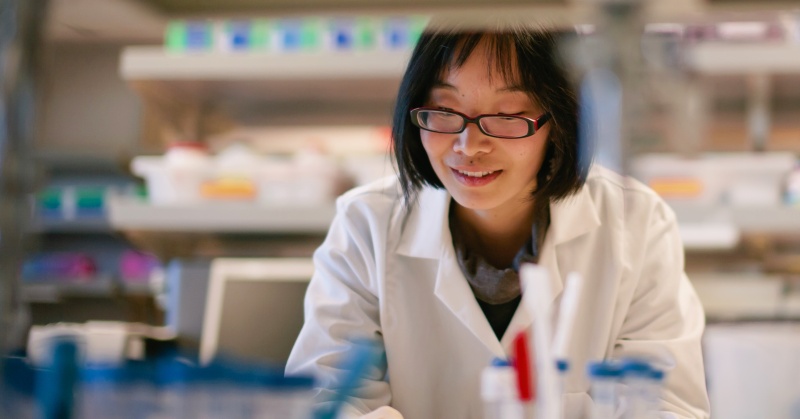
Many of us who work in Portland Oregon's caring professions, from nursing to teaching to law to counseling, wish we understood more about how environmental factors and emotions are impacted by the physical features and chemical interactions of the brain. Whether your training took you in a more biological and chemistry direction, or a more psychological and sociological direction, wedding these disparate fields helps so many to explain and teach with their clients and students who want answers about why they feel the way they feel.
In the late 1990s, Dr. Dan Siegel, Dr. Allan Schore, and Dr. Lou Cozolino contributed to the creation of Interpersonal Neurobiology, which is now available as a certificate program through Portland Community College. The interdisciplinary nature of this program makes it relevant to a variety of practitioners whose work relies on human interaction and relationships.
What is Interpersonal Neurobiology?
At its core, Interpersonal Neurobiology describes how the brain and body and mind are developed and how they function and change in the context of relationships with others throughout life. These pieces of interconnected scientific study are relevant for everything from learning more effectively to resolving conflict or trauma, and also for growing one's personal relationships. Understanding the neuroscience that underpins much of what we know about human interaction helps to give a solid basis for understanding each other and improving poor relationships.
Why Is It Important?
Therapists, counselors, and even clergy members of all kinds work to have the language and explanations that will help their clients understand what is happening to them and what coping strategies might help them to get better, heal from trauma and support healthy relationships. Interpersonal Neurobiology offers additional insight into the "why" of many relationship challenges and mental struggles, which can be helpful in this context.
Teachers and healthcare workers spend a lot of time educating people but aren't always sure the best way to get through to their students or patients in a way that gets results. Understanding how learning is encoded in the brain can help you spark new strategies for connecting and successfully helping people learn.
In many other contexts, deterioration of mental health has led to many difficult outcomes, but it doesn't have to be the end of the story. By learning more about Interpersonal Neurobiology, the paths to healing and growth become more clear to those who are delving into this subject for any reason.
What You Can Learn in a Mental Health Course
The IPNB course at PCC offers many of the benefits of mental health courses. The coursework spans ethics, to science, to mindfulness, creating a collective understanding of the topic that can then be built upon in courses on attachment and trauma, difference and diversity, and connection and community. Not only will you learn the building blocks of this field of study, but you’ll also be prompted along the way to reflect on how these new pieces of knowledge impact your work and your own daily life. We are all working on our mental health all the time, whether unconsciously or consciously, so our efforts to learn what is interpersonal neurobiology are valuable at both personal and professional levels.
Some of the lessons you'll learn and outcomes you'll achieve include:
- Understanding the concept of neural integration, which is a foundational concept when you want to increase well-being and connection to others.
- Delve into the anatomy and physiology of the brain to have a useful shared language for discussing what elements of the brain are connected to our knowledge of the mind.
- Integrate and apply a holistic view of human systems as the embodied and relational flow of energy and information within and between elements, including neural and human networks.
- Explore the concepts of fMRI, PET scans, and other brain imaging technologies, including what they can and cannot reveal about the brain and mind.
- Get basics of neuroscience while connecting them to fields like Anthropology, Biology, Linguistics, Sociology, and many others. Any past studies you've done will have some kind of connection to this work.
- Combine what you've learned into an understanding of the therapeutic process that is considered best practice in Interpersonal Neurobiology, as well as the ways it is flexible to various contexts.
- Learn your own self-regulation and stress management strategies that you can use or can share with others.
- Consider how relationship-building practices could improve your organization or family dynamics, creating better, stronger bonds driven by trust and respect for each other.
- Get up to speed on the latest research of the brain, body, and mind, building your base knowledge of how our whole body systems work to produce our behaviors and feelings.
Whether you emerge from the program with new strategies for clients, patients, and students, or emerge with a new narrative about how to heal and grow from your own mental health struggles, the coursework helps you to build on your existing training by adding context, science, and ethical considerations that can help you deliver relationally-driven services in a better, more informed way.
Ready to try the IPNB program at Portland Community College? Learn more about our coursework today!


